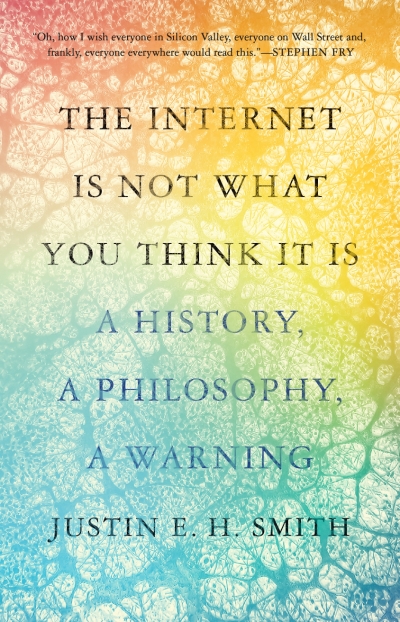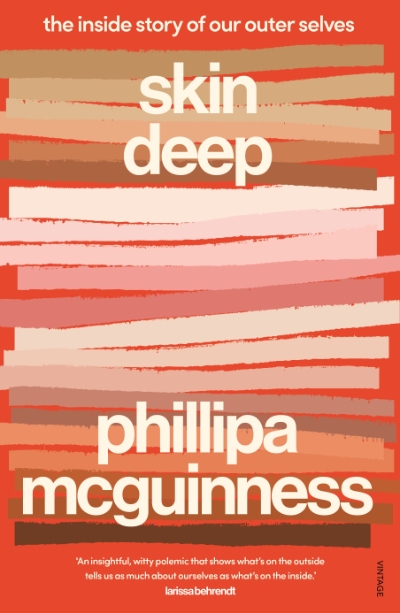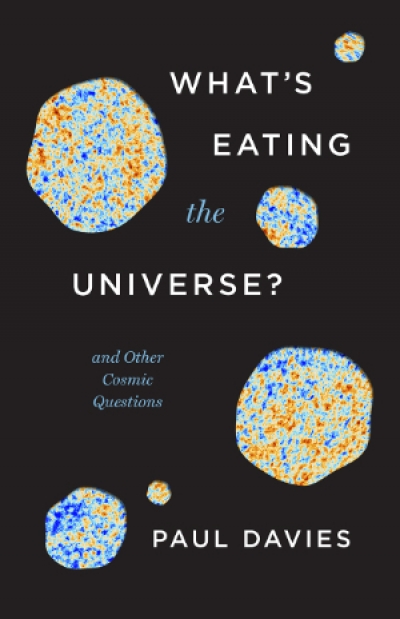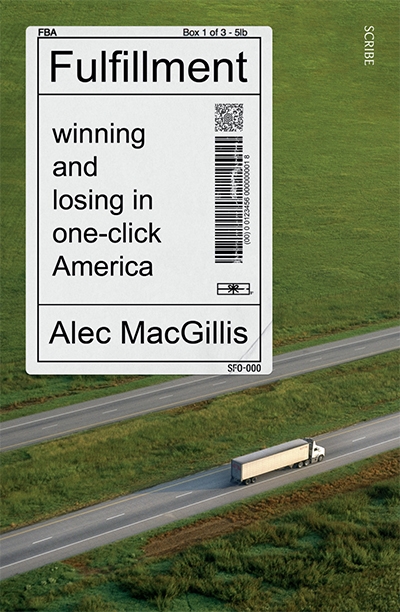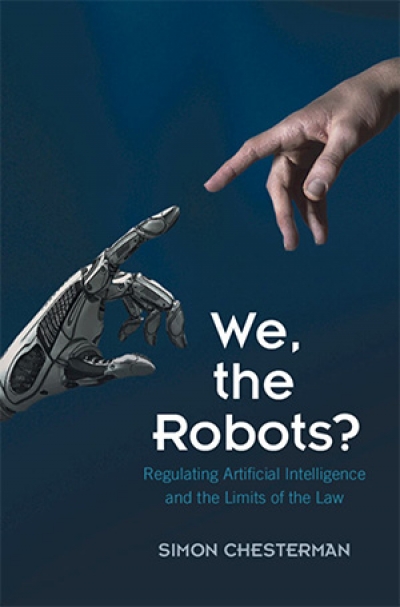Science and Technology
In 2019, Smithsonian magazine published a profile of an American inventor, entrepreneur, and undersea explorer named Stockton Rush. Rush and his company, OceanGate, had recently celebrated the successful descent of their experimental manned submersible Titan to the extraordinary depth of 4,000 metres. Titan’s design was innovative in two important ways: its body was composed centrally of carbon fibre, which made it light and comparatively inexpensive to operate, and it was a cylinder. A spherical sub might have had ‘the best geometry for pressure’, observed Rush, ‘but not for occupation’ – and this represented an unpalatable check on OceanGate’s plans to deliver groups of high-paying tourists to the wreck of the Titanic. ‘I had come across this business anomaly I couldn’t explain,’ Rush reflected: ‘If three-quarters of the planet is water, how come you can’t access it?’
... (read more)The Best Australian Science Writing 2023 edited by Donna Lu
The Best Australian Science Writing (BASW) anthology is here again, and readers are in for a treat: a wide-ranging selection of easy-to-read articles describing some of the amazing science that is happening right now.
Of course, it is an impossible task, choosing the ‘best’ writing, and in her introduction editor Donna Lu acknowledges her subjectivity. It is the same for a reviewer, and since I don’t have room to name everyone, I won’t single out my own favourites.
... (read more)Wizards of Oz: How Oliphant and Florey helped win the war and shape the modern world by Brett Mason
What happens when you mix some of the biggest scientific breakthroughs of the twentieth century with the urgency of war? Wizards of Oz, a new book by lawyer and former politician Brett Mason, seeks to provide the answer. It is an account of a friendship between two Adelaide men and their extraordinary scientific achievements during World War II.
... (read more)In the middle of 2022 researchers at the Kirby Institute at the University of New South Wales announced that Covid-19 had infected more than half of Australia’s twenty-six million people. The number came not from polymerase chain reaction tests, nor from the results of rapid antigen home tests, but from the sampling of Australian blood banks. After all the tables, graphs, and pressers, the serosurvey demonstrated that the virus was everywhere among us and inside us, reconfiguring our bodies as well as our social and political worlds.
... (read more)Since its publication in 1975, Chemistry in the Market Place has gone through three impressions of the first edition and now has been expanded into a larger second edition. Successive chapters are labelled ‘Chemistry in the Laundry’, ‘in the Kitchen’, ‘in the Boudoir’, ‘in the Garden’, ‘the Chemistry of Hard and Soft Ware’ (plastics, fib ...
The Internet Is Not What You Think It Is: A history, a philosophy, a warning by Justin E.H. Smith
A dubious privilege of belonging to Generation X is that your life straddles the period during which the internet went from being science fiction to settled fact of life. Take, for example, Justin Smith, the American-born, University of Paris-based historian of philosophy and science, a professor who turns fifty this year. He started out on dial-up message boards in the 1980s, saw his first HTML web page in the 1990s, and now maintains a well-regarded Substack newsletter, where, in between meditations on the historical ontology of depression and the metaphysics of onomastics, he writes with a subtle eye regarding online culture in all its manifestations.
... (read more)Skin Deep: The inside story of our outer selves by Phillipa McGuinness
In Skin Deep: The inside story of our outer selves, Australian writer Phillipa McGuinness gathers some impressive facts about skin. A square centimetre contains, among other things, six million cells, two hundred pain sensors, and one hundred sweat glands. The skin of an individual weighing seventy kilograms ‘covers two square metres and weighs five kilograms’. A YouTube channel where you can watch a dermatologist popping pimples has amassed more than three billion views. The beauty and personal care industry accrues half a trillion dollars in annual sales, while one major cosmetics company now spends seventy-five per cent of its billion-dollar advertising budget on influencers.
... (read more)What’s Eating the Universe?: And other cosmic questions by Paul Davies
Paul Davies, the British physicist who brightened up the Australian science scene when he was a professor at the University of Adelaide in the 1990s, is currently director of the Beyond Center for Fundamental Concepts in Science at Arizona State University. Beyond describes itself as ‘a pioneering center devoted to confronting the really big questions of science and philosophy’. It also aims to present science publicly ‘as a key component of our culture and of significance to all humanity’, something Davies has been doing for thirty years, in popular talks, articles, and books such as About Time (1995).
... (read more)Fulfillment: Winning and losing in one-click America by Alec MacGillis
In 1995, a new online marketplace called Amazon sent out its first press release, with its thirty-one-year-old founder, Jeff Bezos, proclaiming: ‘We are able to offer more items for sale than any retailer in history, thanks entirely to the Internet.’ Nearly three decades later – Amazon having steroidally expanded from a book retailer to a multinational hydra of e-commerce, cloud storage, and digital streaming – this is no longer hyperbole. The company absorbs at least half of America’s online spending, and nearly 150 million US citizens subscribe to Amazon Prime, roughly the same number that voted in the recent presidential election. In 2020, while the pandemic crippled most industries, Amazon’s net profit swelled by eighty-four per cent. Today, Jeff Bezos is valued at US$200 billion – approximately the value of New Zealand’s GDP.
... (read more)We, the Robots?: Regulating artificial intelligence and the limits of the law by Simon Chesterman
The age of Artificial Intelligence (AI) has arrived, though not so much an age of sentient robots as one of ubiquitous data collection and analysis fuelling automated decisions, categorisations, predictions, and recommendations in all walks of life. The stakes of AI-enabled decision-making may be as serious as life and death (Spanish police use a system called VioGén to forecast domestic violence) or as trivial as the arrangement of pizza-toppings.
... (read more)





